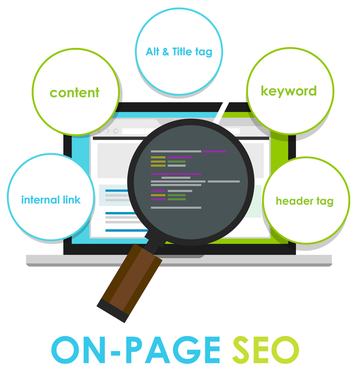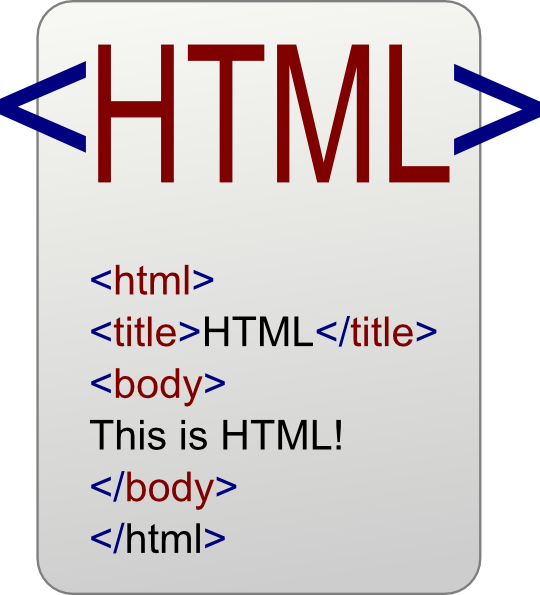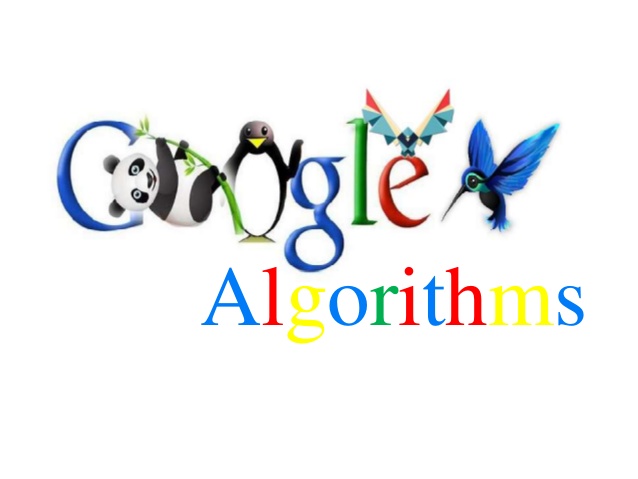On-page SEO is one of the optimizing individual web pages in order to rank higher and earn more relevant traffic in search engines. It contains both the content and HTML source code of the page that can be optimized, as opposed to off-page SEO, it refers to links and other external signals. On-page SEO has changed over the years, so it’s important to keep up with the latest practices, and posts, we chose our favorite resources to help you along your journey.
On-page factors all should have to do with elements of your own website. On-page factors include the technical set-up quality of your code – textual and visual content and user-friendliness of your site.
 Importance of on-page SEO
Importance of on-page SEO
On-page SEO consists of all the elements of SEO and you can control the best. If you own a website, you can appeal to control the technical issues and the quality of your content. We believe on-page issues it should be tackled all as they’re in your own hands. If you create an awesome and attractive website, it will definitely start ranking. Focusing on on-page SEO it will also increase the probability of that your off-page SEO. This strategy will be successful. Link building with a popular site is a very tough job. Nobody will like or nobody wants to link articles that are badly written or boring. If you type the word “on-page SEO” into Google, the Moz guide will tell you—through a featured snippet—it is “the practice of optimizing individual web pages to rank higher and earn more relevant traffic in search engines. On-page SEO refers to both the content and HTML source code of a page that can be optimized, as it is opposed to off-page SEO and it which refers to the links and the other external signals.”It takes into account all aspects of the webpage that, when added together, it will improve your rankings in the google search results. As Google becomes more important and sophisticated, one of the major factors influencing on-page optimization is relevance.
Meta Tags
Perhaps the most vital and important of an aspect your on-page SEO efforts is the implementation of tags. Some are not as useful to SEO as they once were, but if written and utilized optimally, will improve your traffic.
Meta tags are useful to provide the search engines with information about your page. To achieve the high rankings, it has to do with relevant and user satisfaction is important, but it also including custom meta tags will influence users and increase your click-through-rate.
Title Tags
There are so many multiple tags on your page. But, the most important page is your title tag. The title is used as what the users see in the search engines for both organic results and paid ads, and the words that appear at the top of each tab in your browser.
The title tag outlines are mean what the page is about. When there is a ranking web page is for the particular queries, Google looks at the title tag and compares that to the rest of the content on the page.
 If you were be working in HTML, the code for the title tag looks like this:
If you were be working in HTML, the code for the title tag looks like this:
<title>Everything You Must Know About On-Page SEO</title>
However, the WordPress SEO plugin is by Yoast it allows you to create a custom title tag within the platform. Keep your title tags as more descriptive and short. Google has recently increased the character limit for page titles to 70 characters before showing ellipses.\jMeta Descriptions.
The meta description was conveying what users will find on the page. While ranking is not directly on the factor, search engines read the meta descriptions to brief and determined the page’s topic of and the audience that will find value.
On page is a well written and developed meta tag it might be generated a competitive advantage in the search results, creating a higher click-through the rate with a greater chance of conversions. While there may be a possibility that Google will omit the custom description and pull an excerpt of the content on the page, hence, it is recommended that you can be filled in the meta description for every page of your site.
The best way to check which pages are missing a meta tag description is to run your website through Screaming Frog’s SEO Spider. It might show you every URL under your domain, the meta description, and its length.
Heading Tags
In Heading tags that your landing page or blog should include multiple heading tags, from the h1 down to a potential h6. The most important is h1. You should never have more than one h1 tag on any page. Include multiple h2 or h3such as users to scroll down the page. And, these are used as subheadings often.
 Be Aware of the Google Algorithm
Be Aware of the Google Algorithm
Google Algorithm aware about as been has helped out the websites that achieved high rankings with small, keyword stuffed, and thin content, Google has unleashed the Panda algorithm in February of 2011, and it was regular update., your website won’t be found online. Low quality and thin contJennifer Slegg wrote an informative and definitive guide to understand the Panda algorithm. She quotes a Google spokesperson as saying, “At the end of the day, content owners shouldn’t ask how many visitors they had on a specific day, but rather how many visitors they helped.”
Keyword Targeted Content
While if you just want to maintain a user-friendly and authoritative tone, the focus keyword is still of vital importance role. Like, with your meta tags, you will be either look outline meta keywords for a product or service page that is targeting multiple queries or a single focus keyword for blogs.
All of this is available in Word Press pages and posts. But why is targeting a keyword important? Using it correctly then it will directly affect the return on your digital marketing investment.
